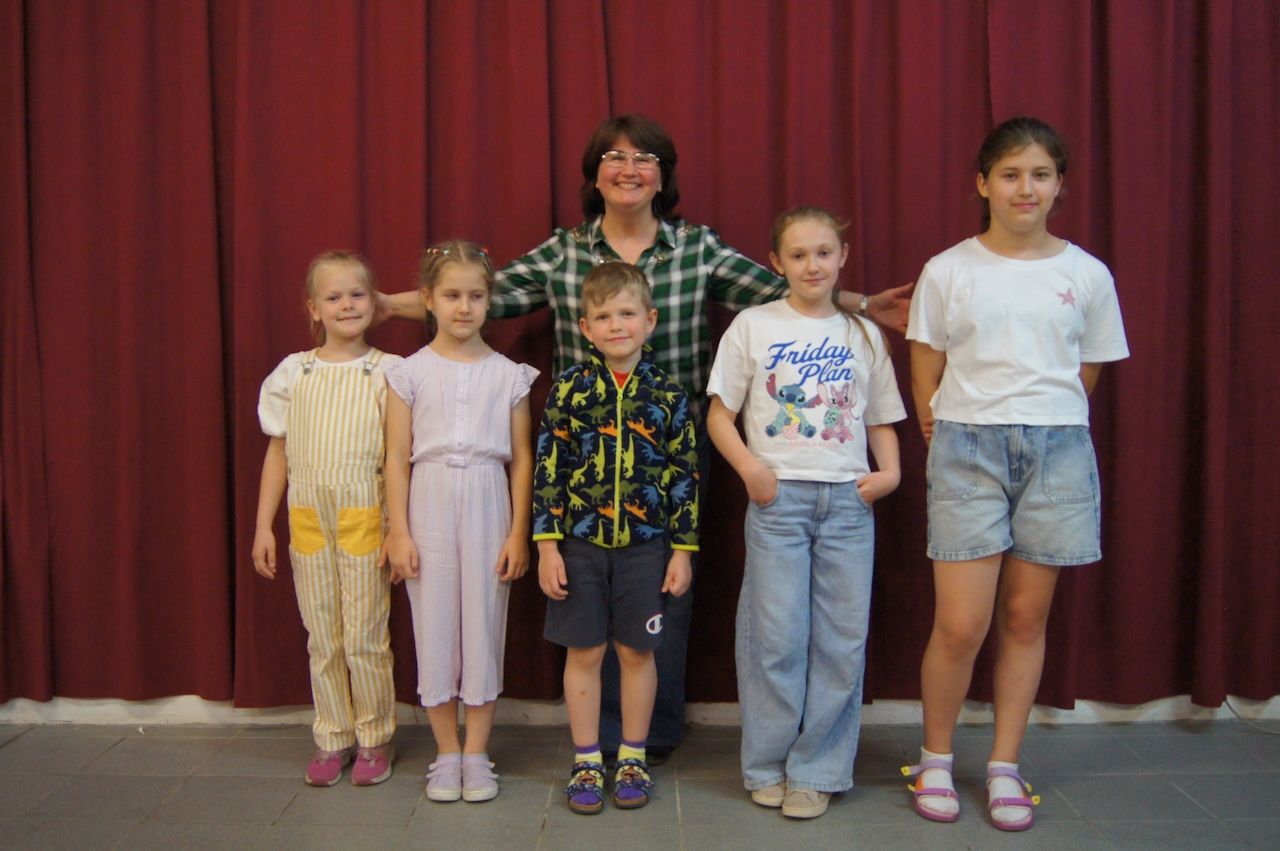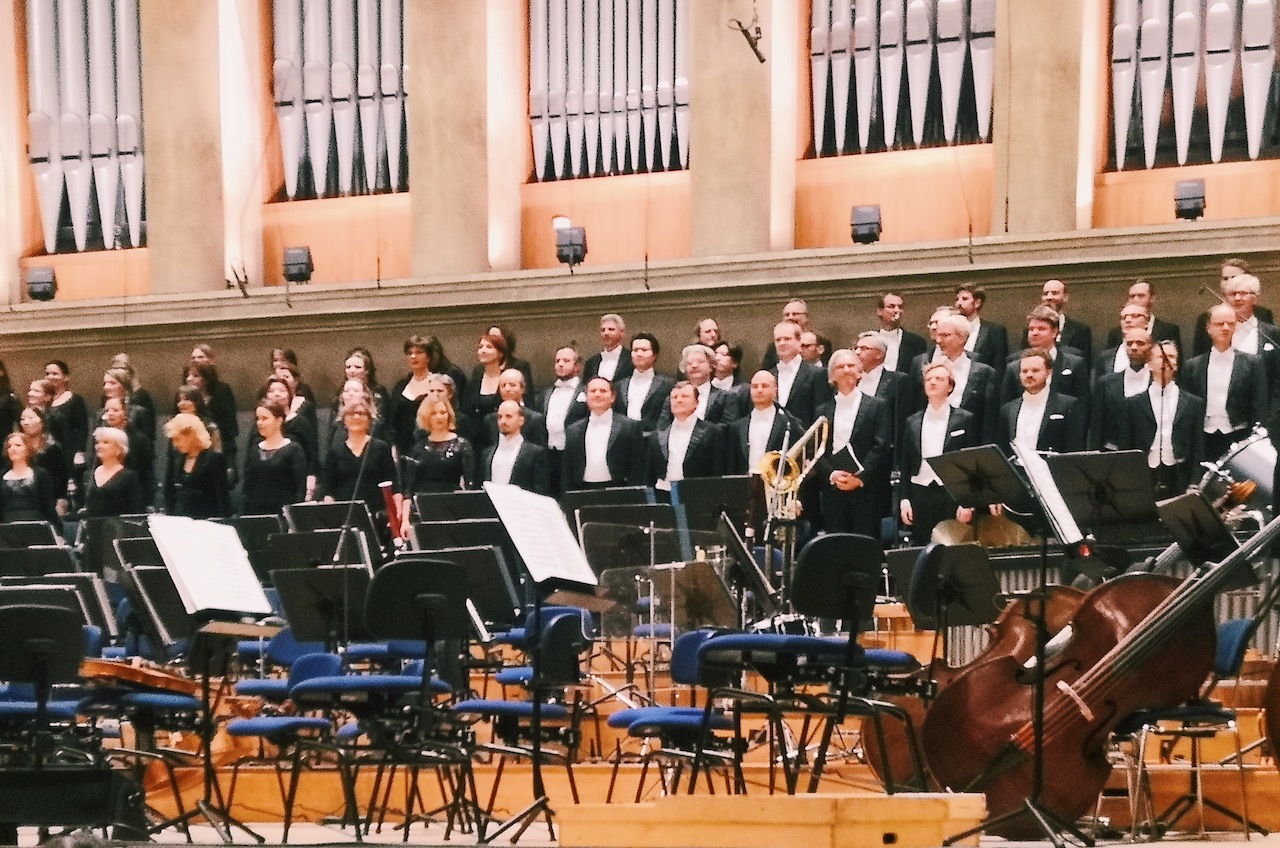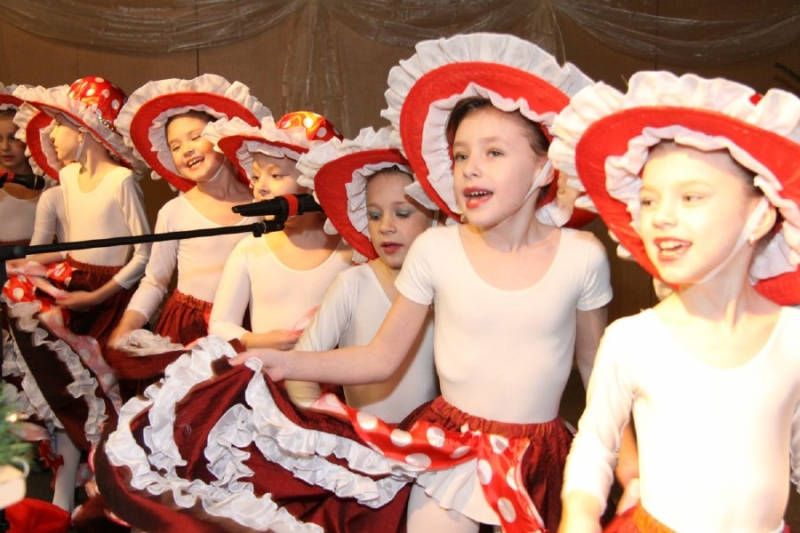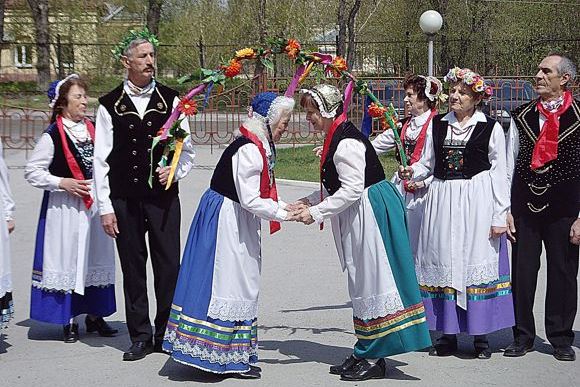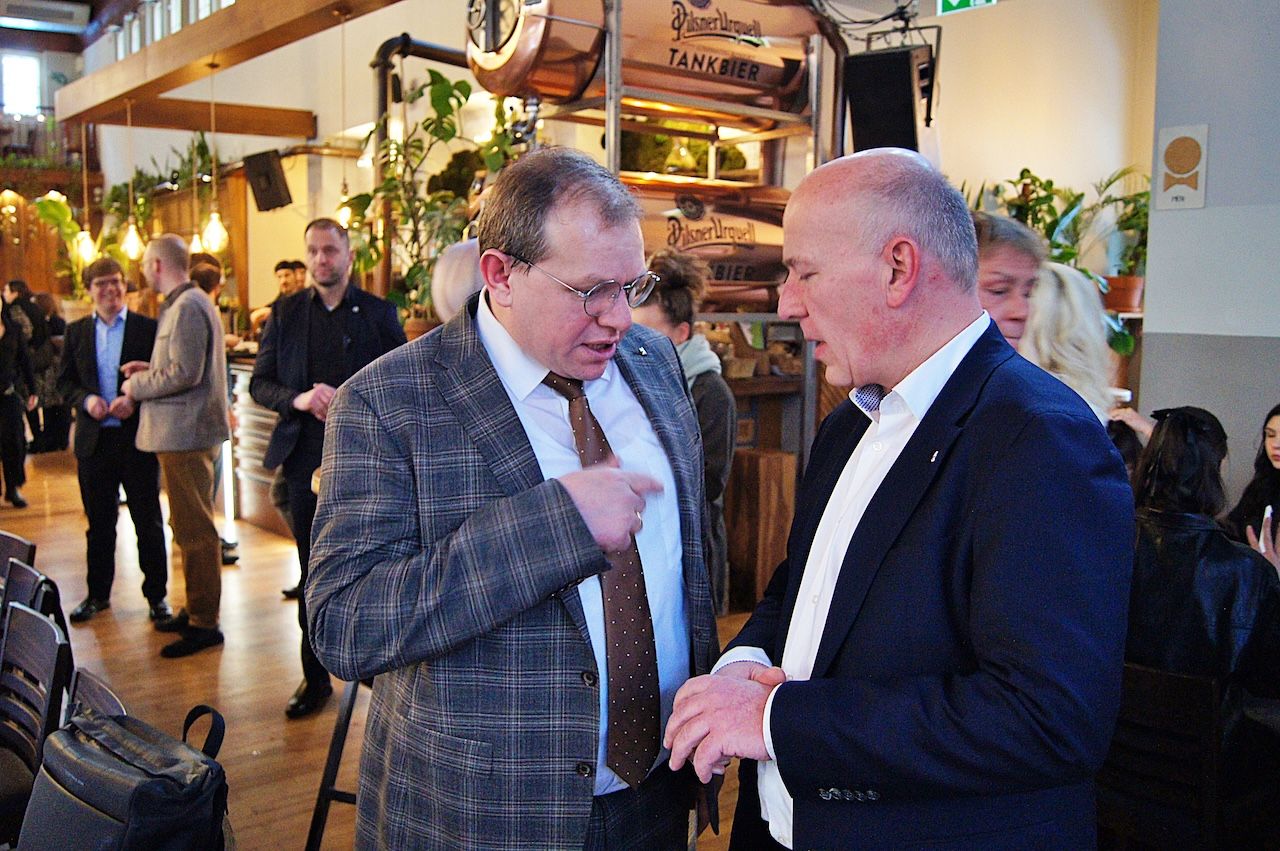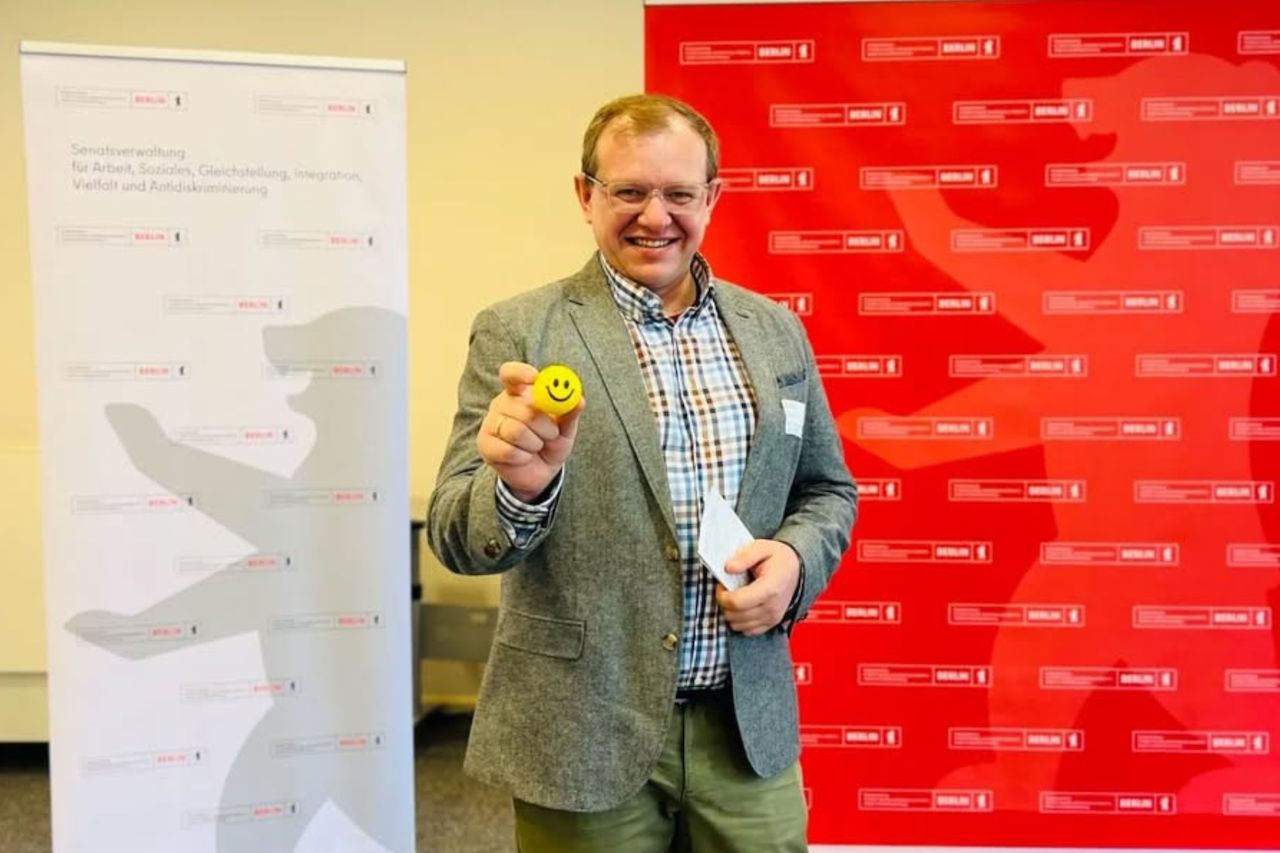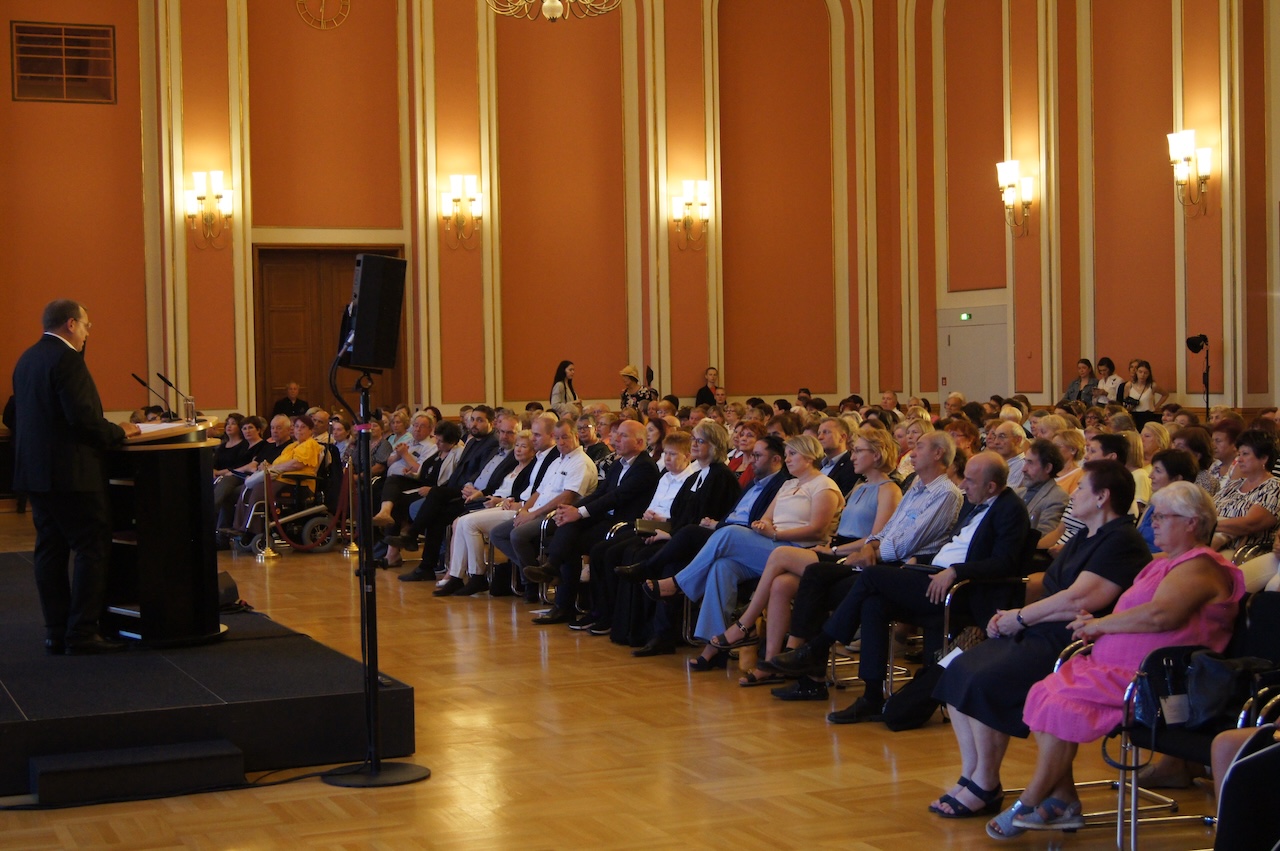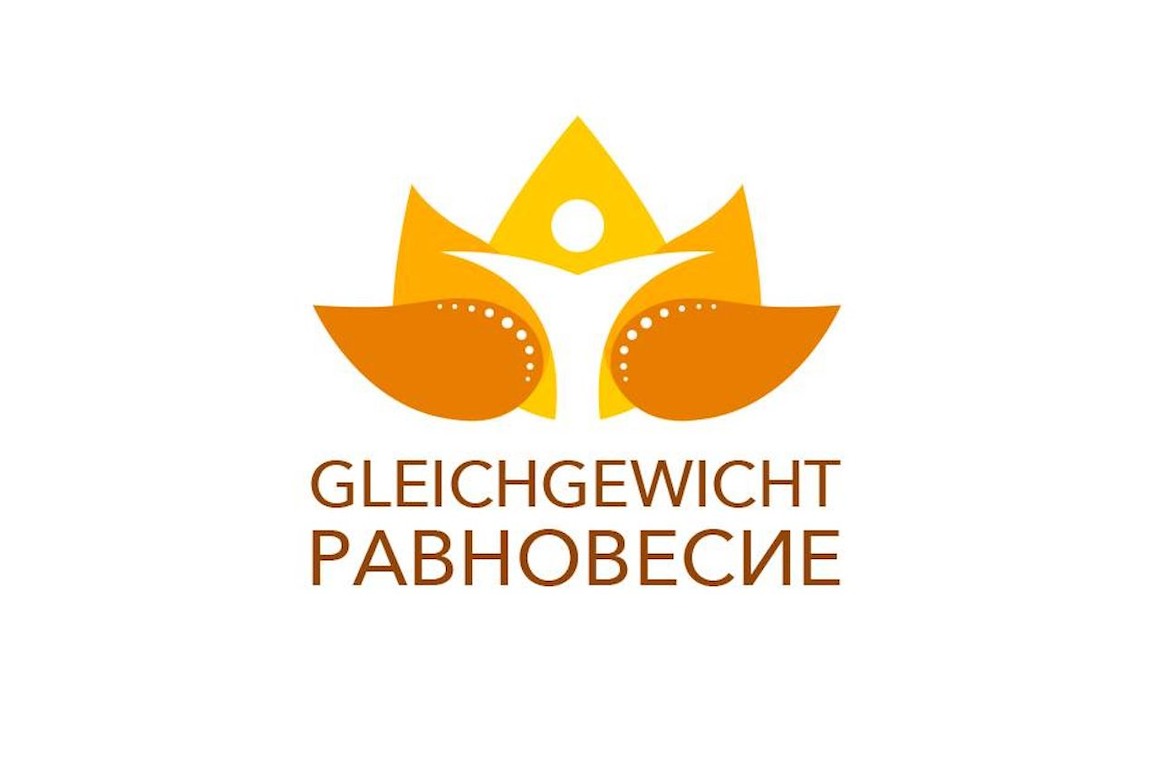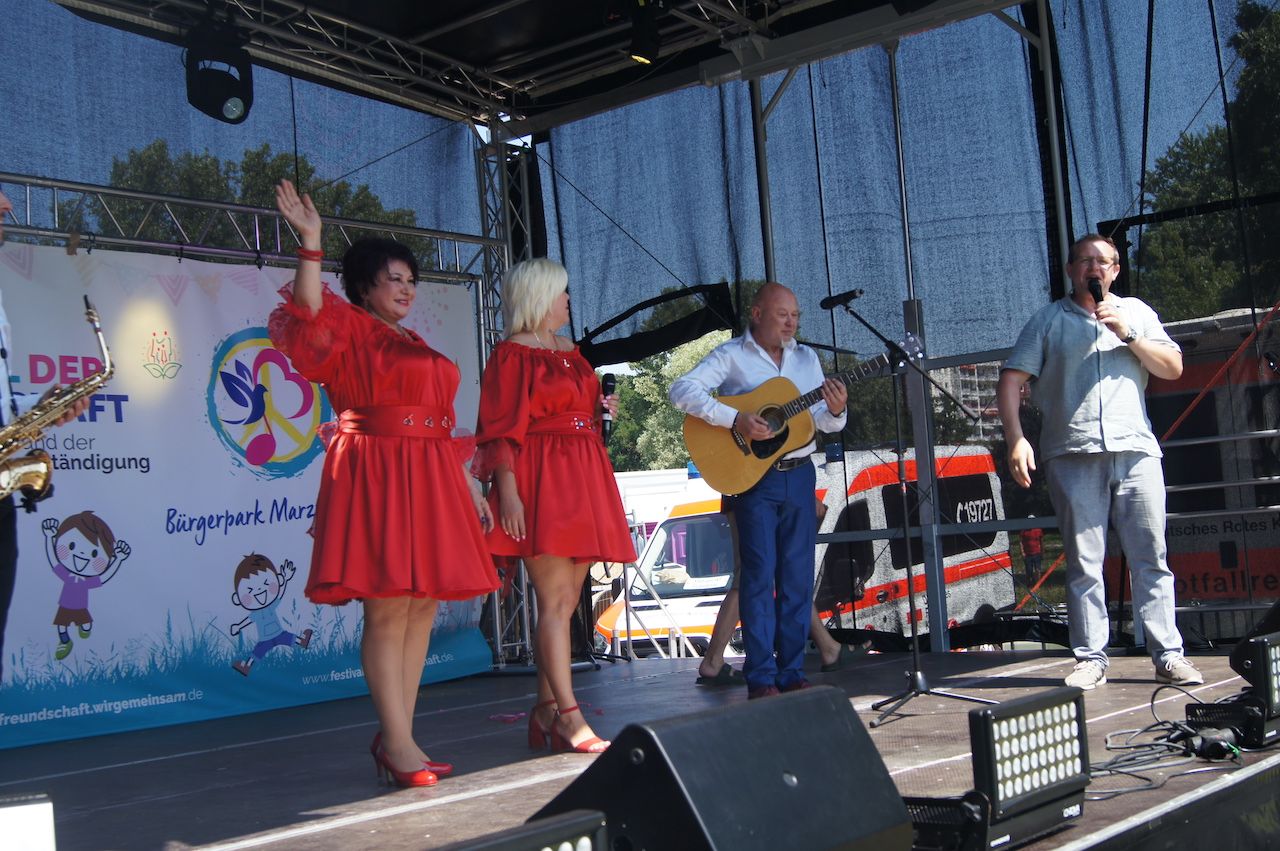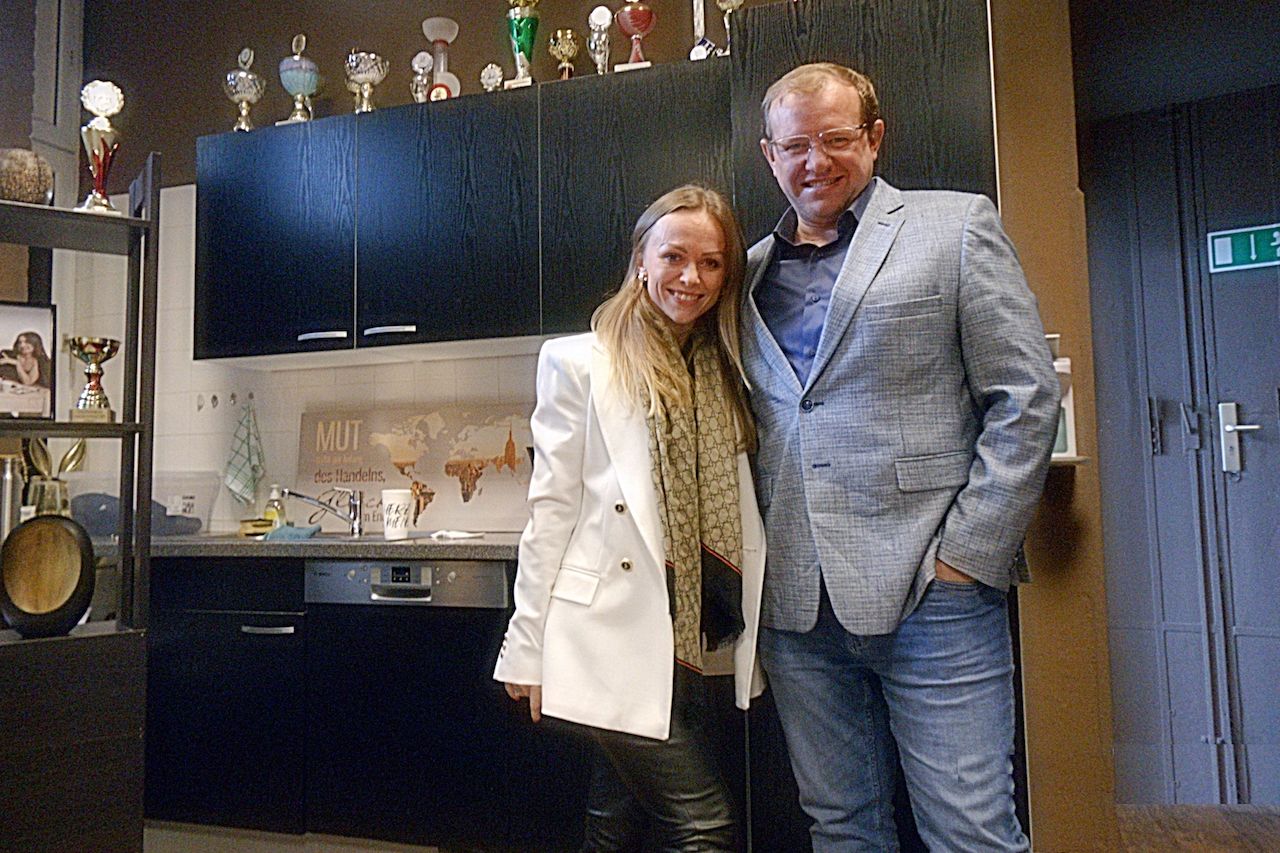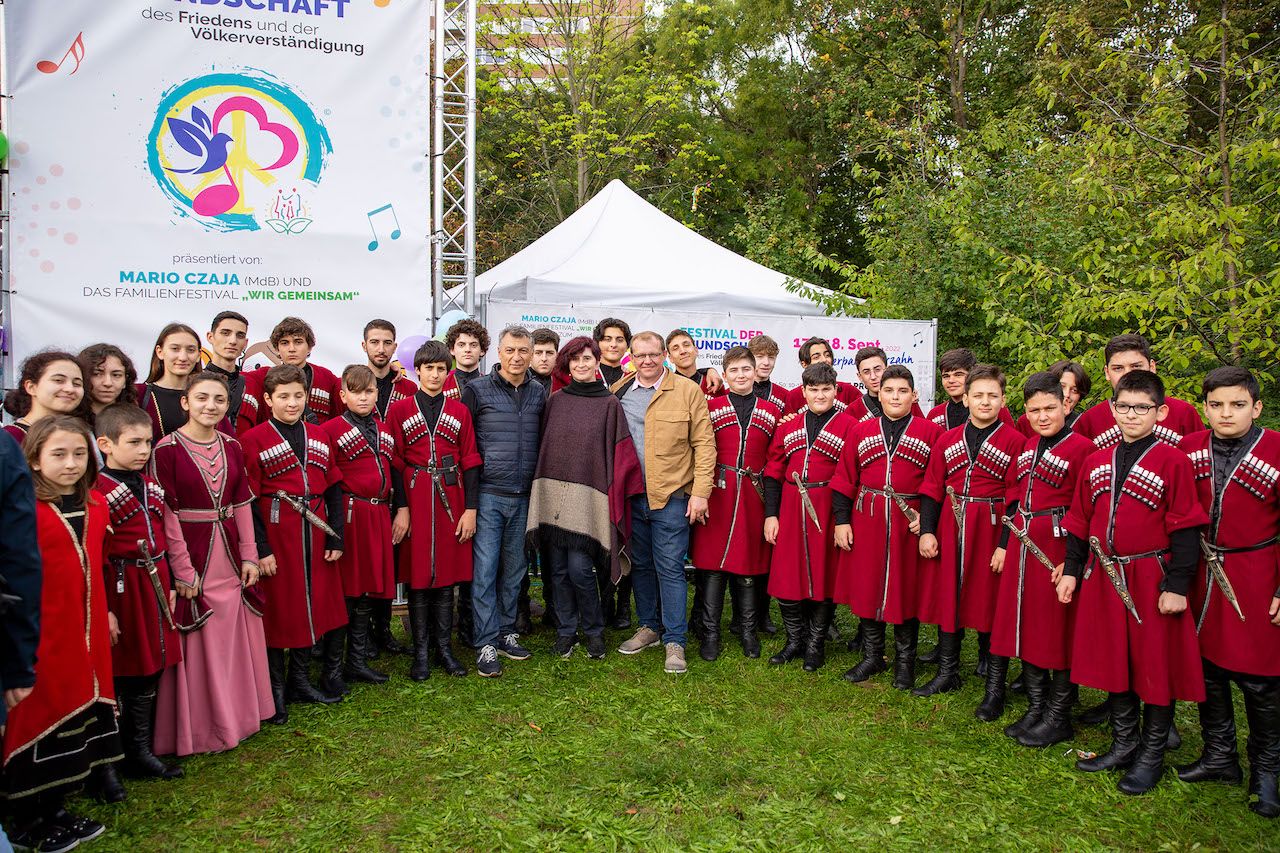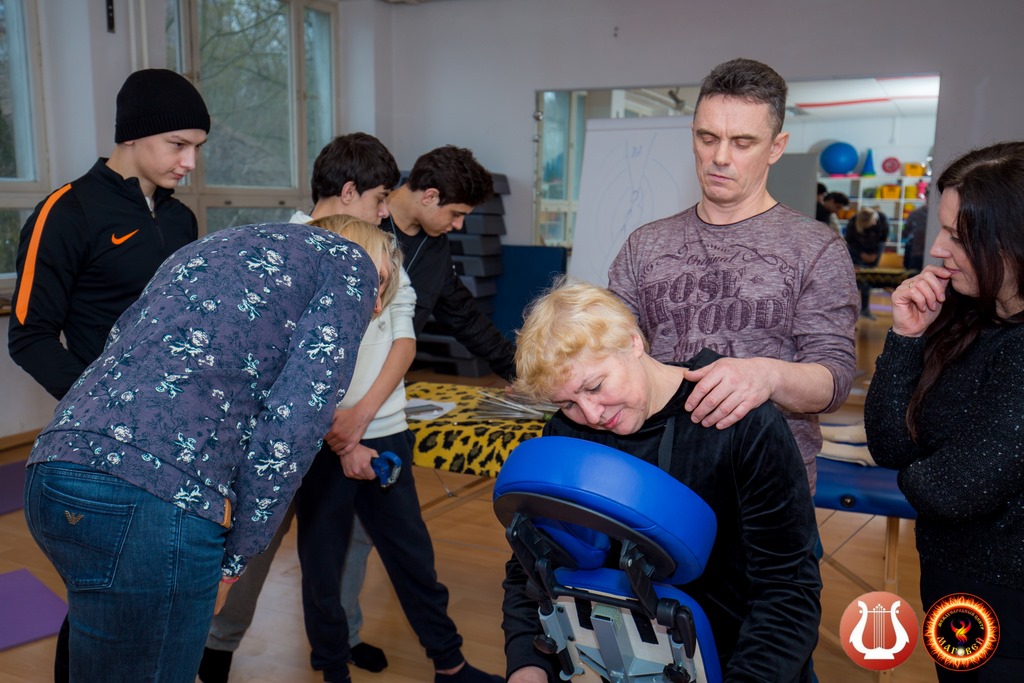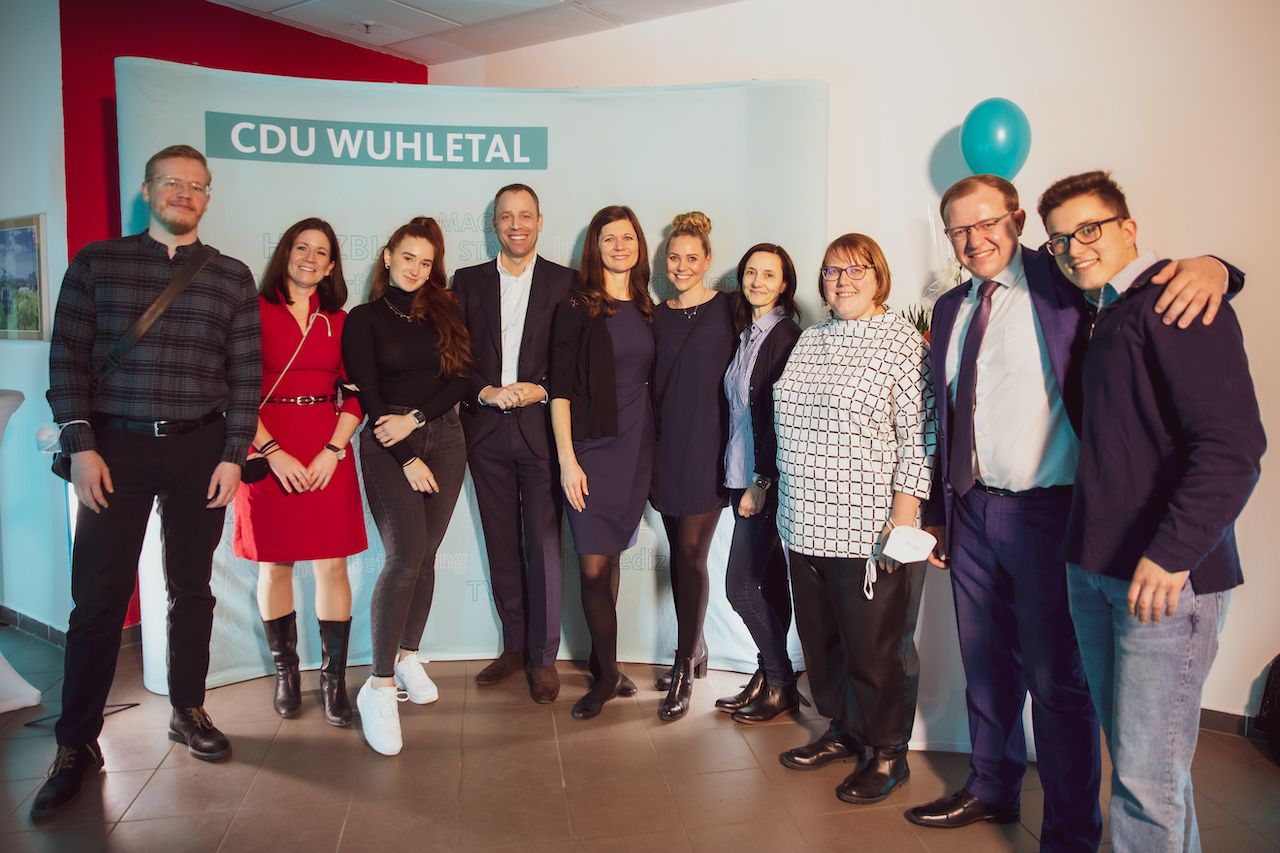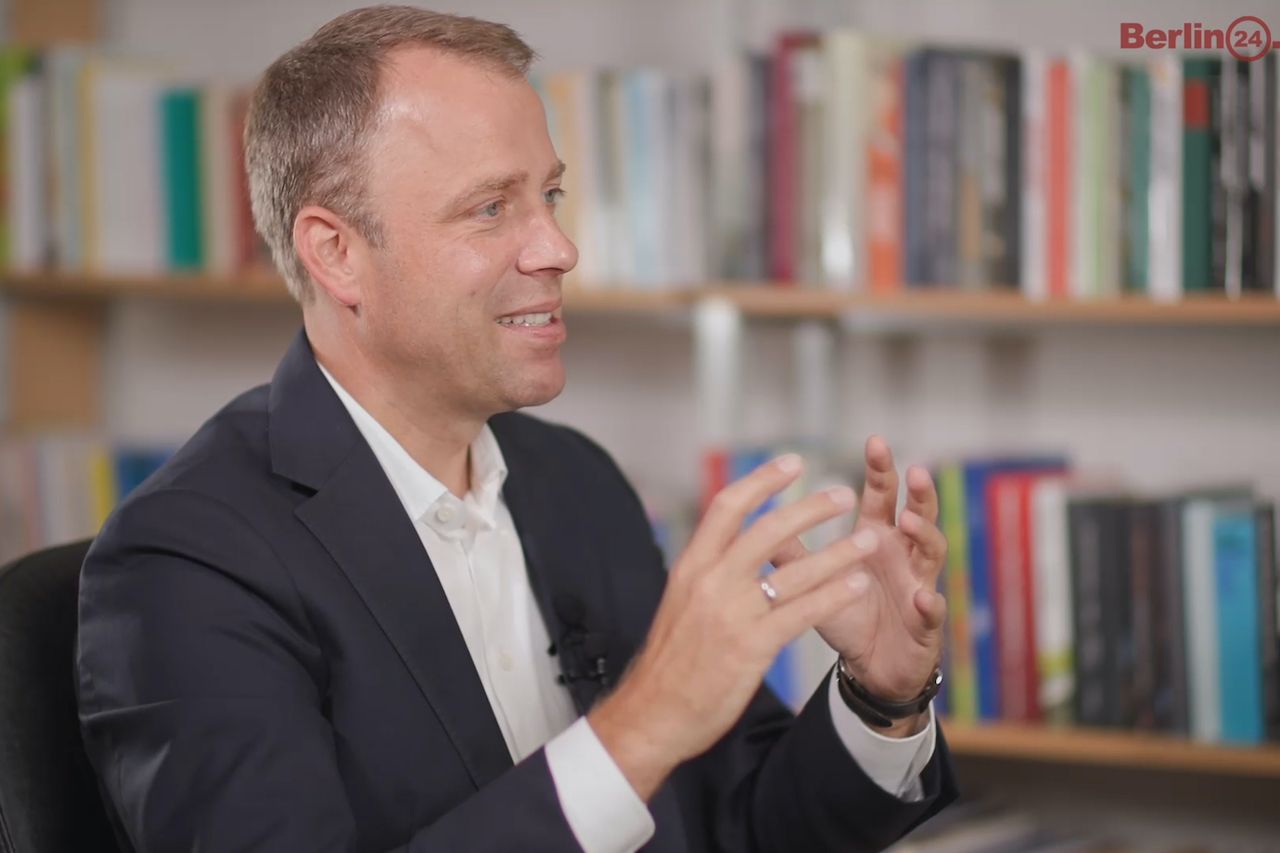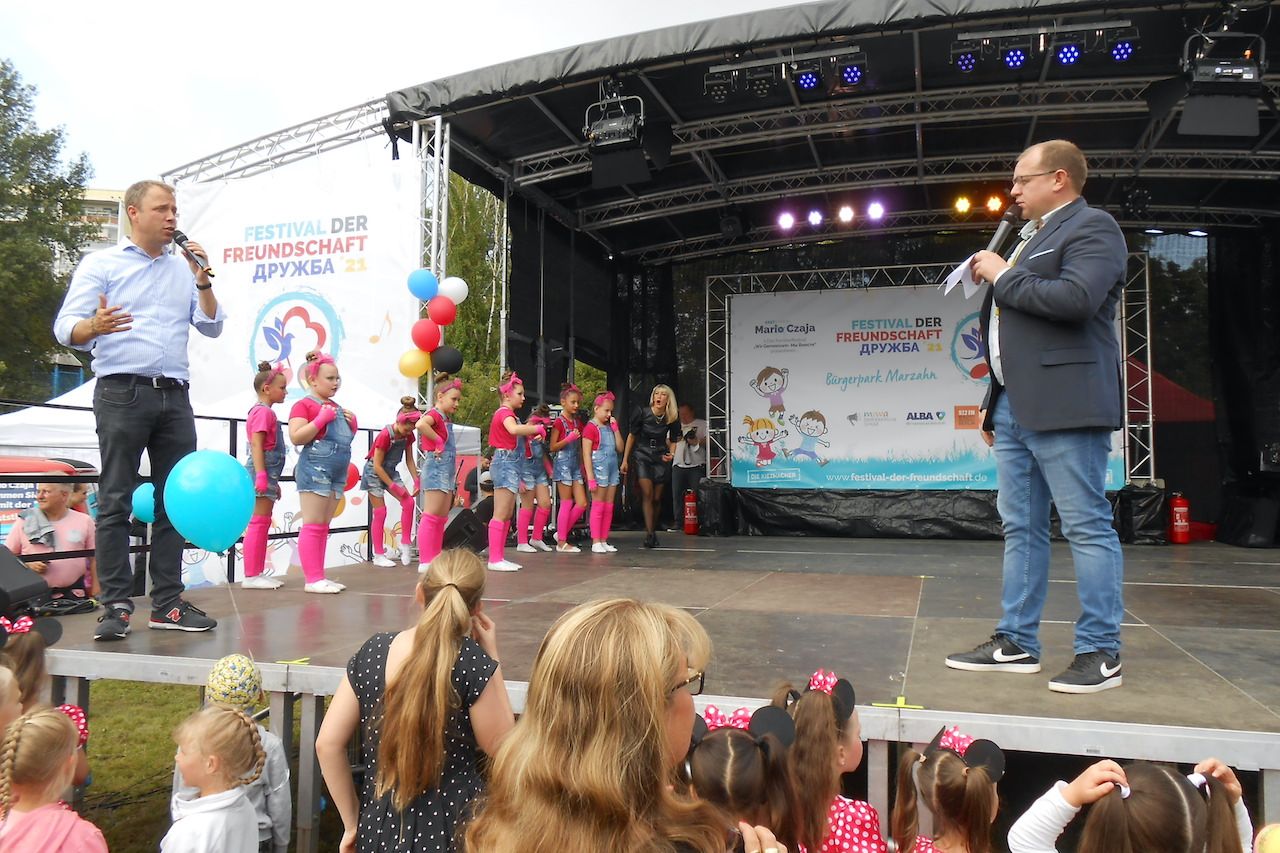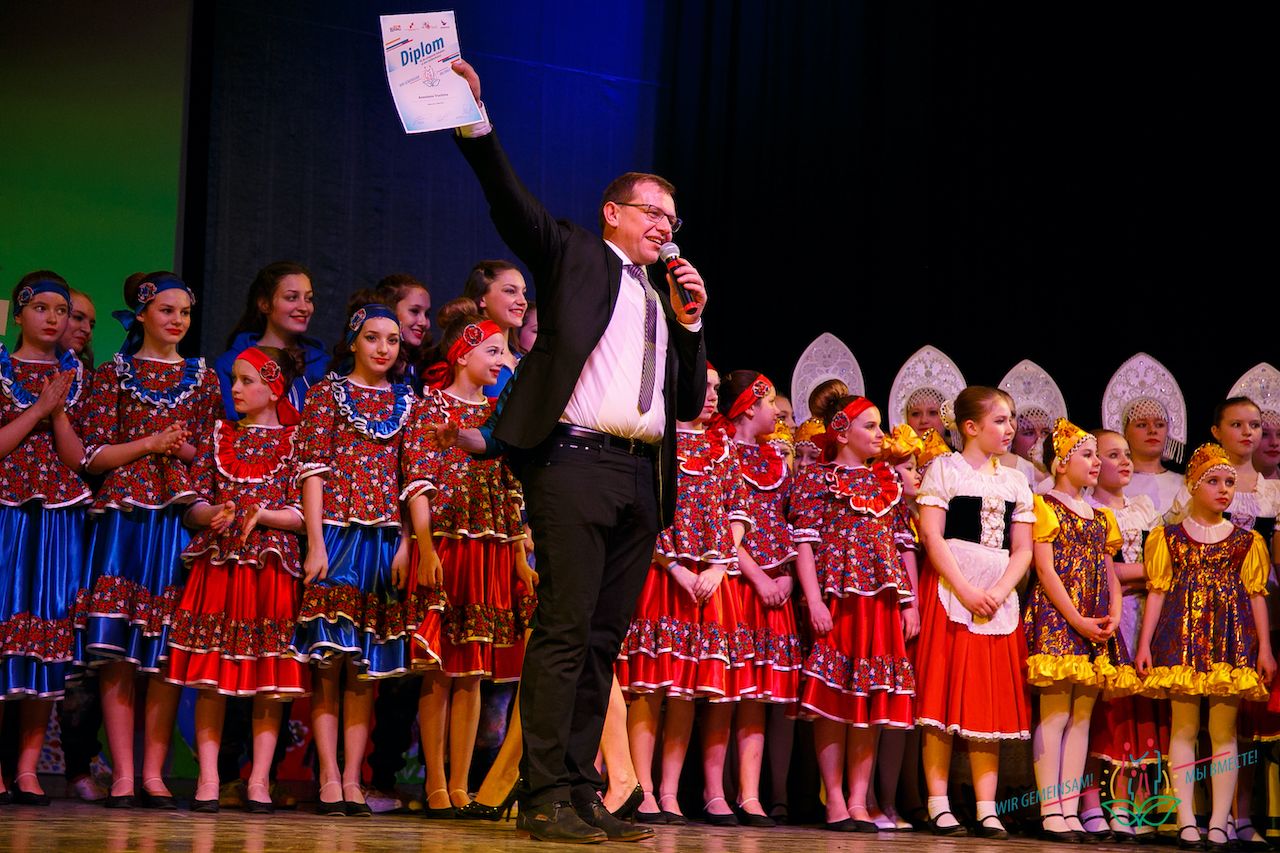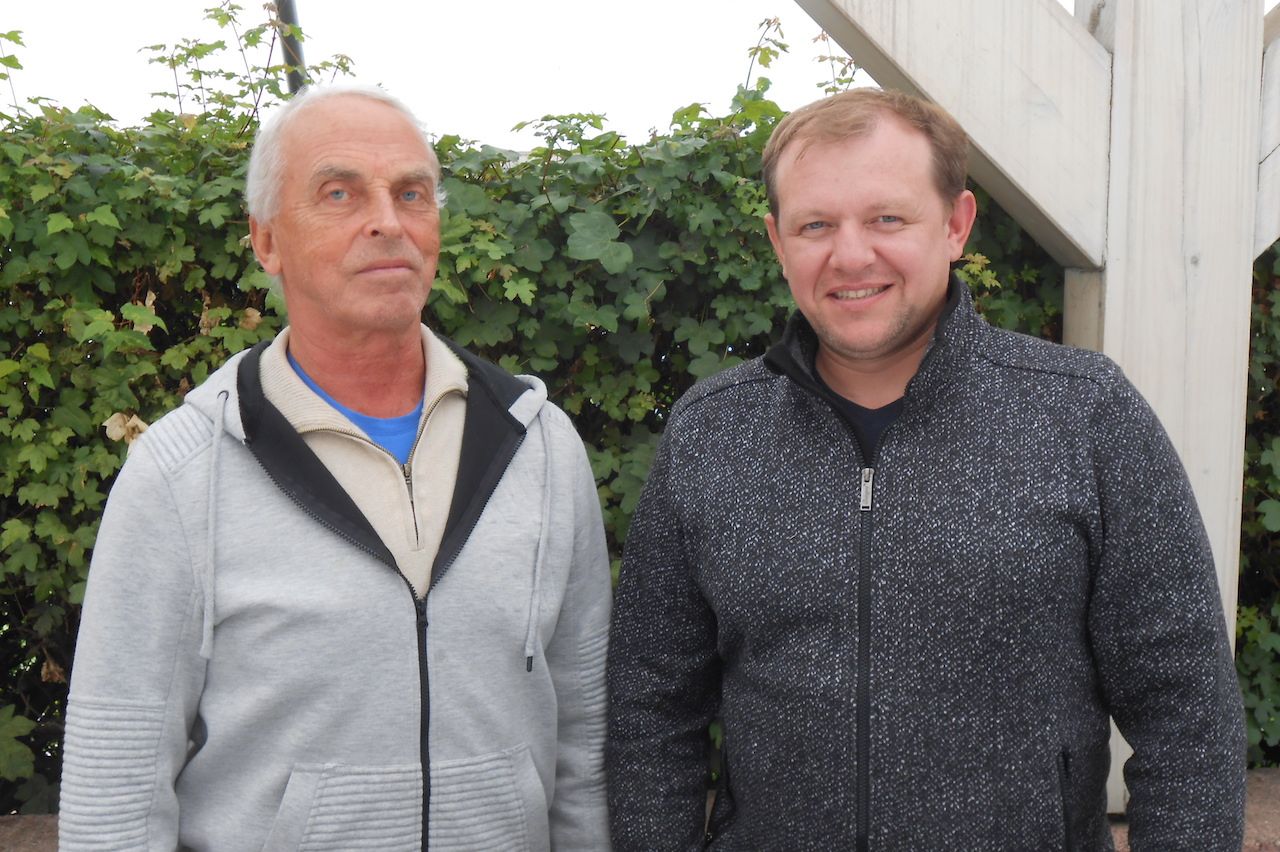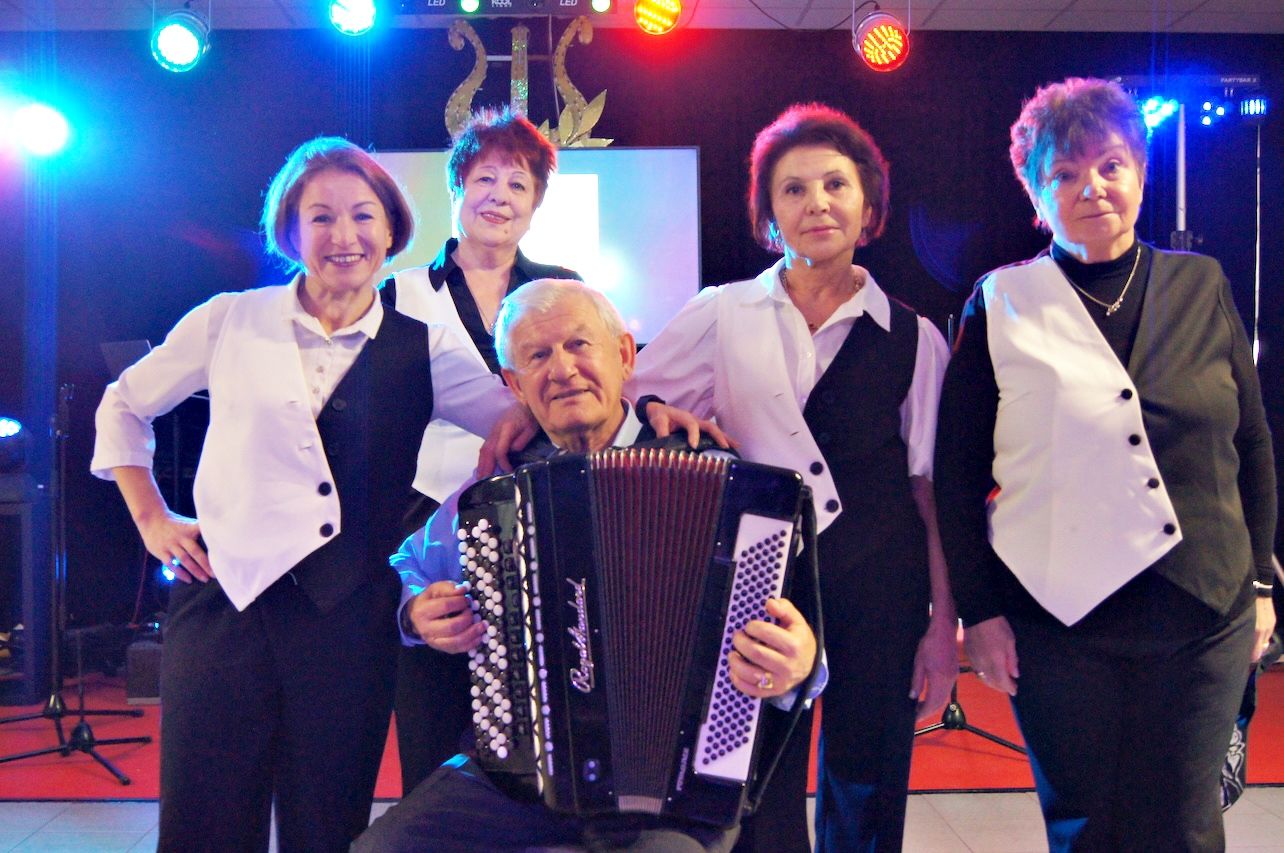
“Janushka” – unconditional recognition and well-deserved respect
It has long been recognized that choral singing is an essential part of spiritual culture. It influences human intellectual development, shaping values and standards of behavior, helps to see and appreciate beauty in life and in art, refines artistic taste, and broadens musical knowledge.
It is a powerful tool for personal formation, for the development of aesthetic views and values, expanding musical experience, revealing creative potential, and bringing people together.
It is precisely here, in the process of musical activity, that a special sacred action “awakens” — in an atmosphere of inspiration and unity, where each participant, merging into the overall “fabric of sound,” becomes an inseparable part of the “symphony” of harmonious collective creativity.
These features, characteristic of choral art in general, are fully present in the creative activity of the popular singing ensemble of Russian Germans in Berlin — Lyra Marzahn e.V. – “Janushka.” For many years, it has continued to delight devoted admirers and true lovers of choral singing, inspiring and bringing genuine joy to ordinary listeners — in Berlin and beyond.
Since 2010, this choral ensemble in Berlin has been directed by Yana Afonina. She is a graduate of the St. Petersburg State Institute of Culture and Art, a vocal teacher, a laureate of prestigious international vocal competitions, and a frequent member of juries at major creative festivals and projects.
We present excerpts from a conversation with her.
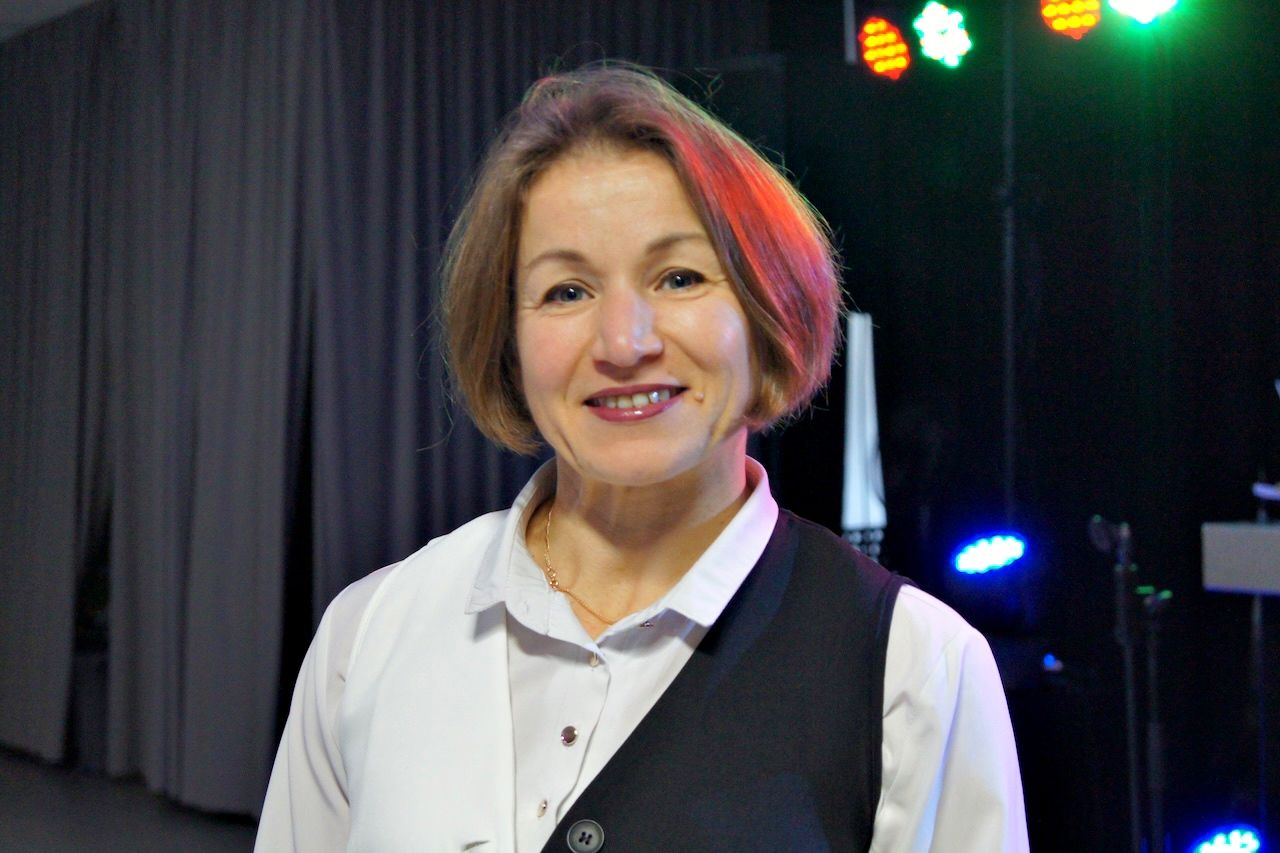
BERLIN24: What inspired you to take the often challenging and sometimes thorny path of musical creativity — particularly choral singing? What is its “key”?
Y. Afonina: I have loved singing since childhood, although in my family, except for my father, there was no one with “musical talent.” I wasn’t able to finish my studies at music school. I didn’t enjoy playing a musical instrument, but I happily attended choir practice.
My special interest in singing appeared when I learned to play the guitar. After ninth grade, my mother suggested I try entering a cultural and educational college, in the choral department — which, as it turned out later, was focused on folk singing. At that time, I hadn’t yet decided what direction to take.
A friend persuaded me to enroll in a technical school, in the sewing department.
That’s how I became fascinated with folk choral singing, which in Veliky Novgorod, where I lived, was — and still is — very popular. After finishing college, I entered the University of Culture and Art in St. Petersburg, this time to study folk singing.
BERLIN24: How did everything start in 2010? What served as the motivation and driving force in this regard?
Y. Afonina: In 2008, I moved to Germany (I married a Russian German) and just a year later began performing solo at events organized by the Association of Russian Germans Lyra e.V..
After these performances, I regularly received numerous requests from Russian Germans to organize singing classes and thus “revive” the choir that had previously existed but, unfortunately, had been dissolved by that time.
In 2010, Walter Gauks (then the chairman of the board of the Association of Russian Germans Lyra e.V.) suggested that I join efforts with Viktor Warkentin — our indispensable accordionist and accompanist — to create a choral group within the organization.
At first, there were only about six or seven people. However, immediately after our first successful performance, the choir began to grow noticeably as new members joined.
Now, it has around 30 participants.
BERLIN24: Were there any obstacles or difficulties along the way?
Y. Afonina: At the beginning, there were practically none. We had both a rehearsal space and motivated people.
However, after moving from the Lichtenberg district to the Marzahn area, and with the onset of the coronavirus pandemic, many unforeseen complications arose.
For example, it was no longer possible to meet in person.
But we found a way out of this situation too. I had to record the backing tracks and choral parts and send them to choir members via messengers.
That’s how our WhatsApp group was formed, where I conducted choir lessons online — we called, practiced together, and I checked how well each part was learned.
BERLIN24: On what principles was the choir formed? Were there any key criteria in this regard?
Y. Afonina: There were no special criteria or strict principles — only love for folk songs, whether Russian or German, and the desire to sing.
Of course, having at least a basic sense of pitch and a voice is also important.
BERLIN24: The name of your choir, “Janushka.” It’s clear that it may represent a diminutive and affectionate form of your name, “Yana.” There are different interpretations of its origin — some philosophical or religious — both in Latin and Slavic traditions.
In most cases, it means “God’s grace” and describes a wise, strong, self-confident person who feels comfortable interacting with others.
An inevitable question arises: is there a connection between this name and your own?
Y. Afonina: The name of the choir was suggested by the members themselves — of course, it’s my name.
So, basically, it’s a choir “named after me” (laughs).
BERLIN24: Many devoted fans of choral singing note the exceptional harmony and intensity of sound during “Janushka’s” performances — something truly impressive. How do you achieve this result?
Y. Afonina: Everything is achieved through regular rehearsals and discipline.
We rehearse once a week.
Some may say that’s not enough, but even with such a schedule, it’s possible to achieve excellent results — provided that rehearsals are approached responsibly, carefully, and seriously.
BERLIN24: How is the repertoire of the “Janushka” choir selected?
Y. Afonina: The repertoire is probably the most difficult issue.
A song must, above all, appeal not only to the conductor but also to the choir members themselves.
It has happened that a song was beautiful and everyone liked it, but then, suddenly, the interest faded — and we had to remove it from the repertoire.
Sometimes, after a while, we return to the same song again, but in a new, revised version.
BERLIN24: A well-thought-out and diverse repertoire of any musical or vocal ensemble can unintentionally become a source for finding new creative directions. Is that the case with the “Janushka” choir?
Y. Afonina: Of course, that happens with us as well.
We often turn to modern songs or contemporary arrangements.
When performing for a younger audience, we choose songs using modern backing tracks — after all, folk art also needs popularization.
In addition, sometimes we perform on small stages where the full choir cannot appear, so we created a small ensemble within the choir.
Its repertoire includes both more complex works and lighter genres — for example, chanson.
BERLIN24: How can someone become a member of the “Janushka” choir? What qualities are desirable for this?
Y. Afonina: As I mentioned earlier, one should have at least a basic sense of pitch and a voice, the desire to sing, and most importantly – a love for folk songs.
BERLIN24: What are the plans of the “Janushka” choir? What will it present to its audience in the near future?
Y. Afonina: As the saying goes, “our plans are grand.”
At the moment, we are preparing an “Odessa repertoire,” and of course, Christmas songs in both Russian and German.
BERLIN24: Our sincere wishes for continued creative success to your entire ensemble and to you personally!
Y. Afonina: Thank you!

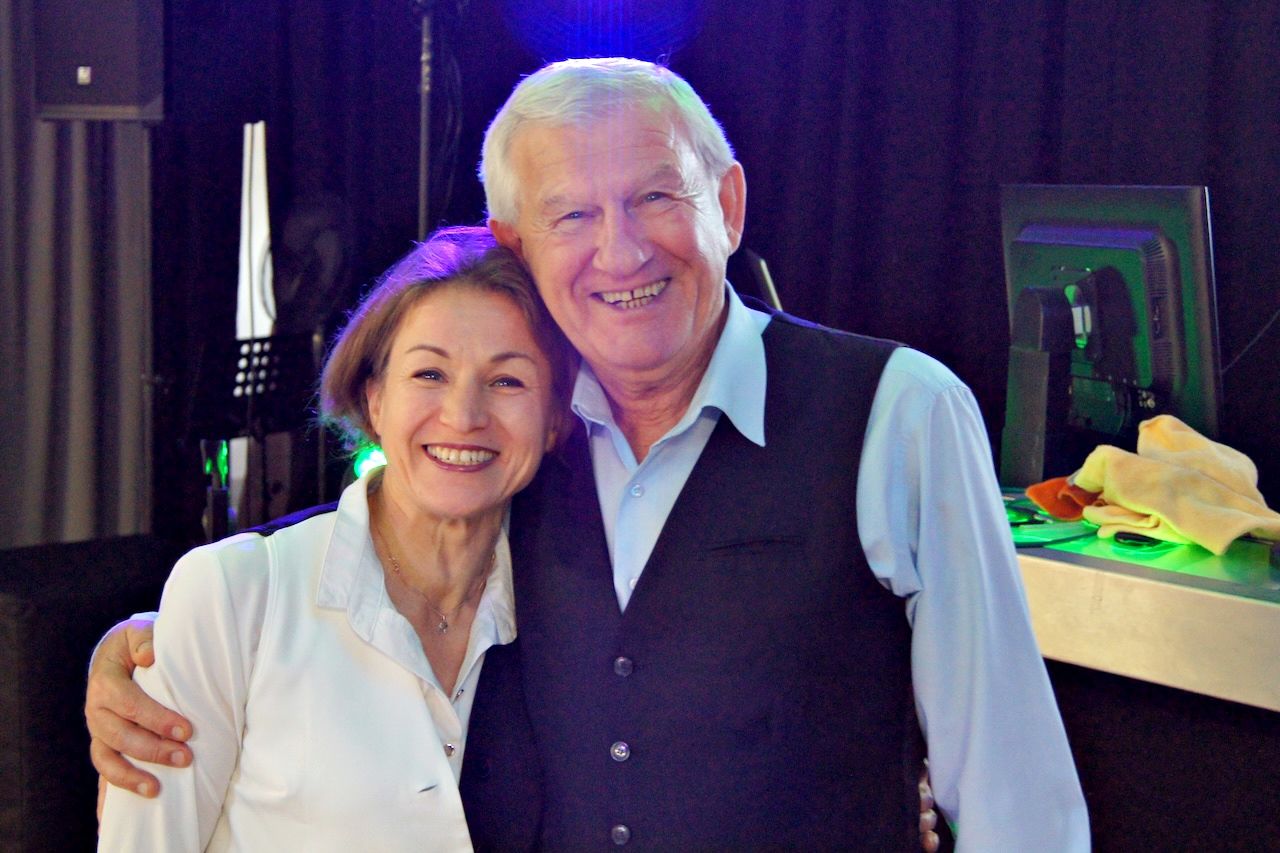
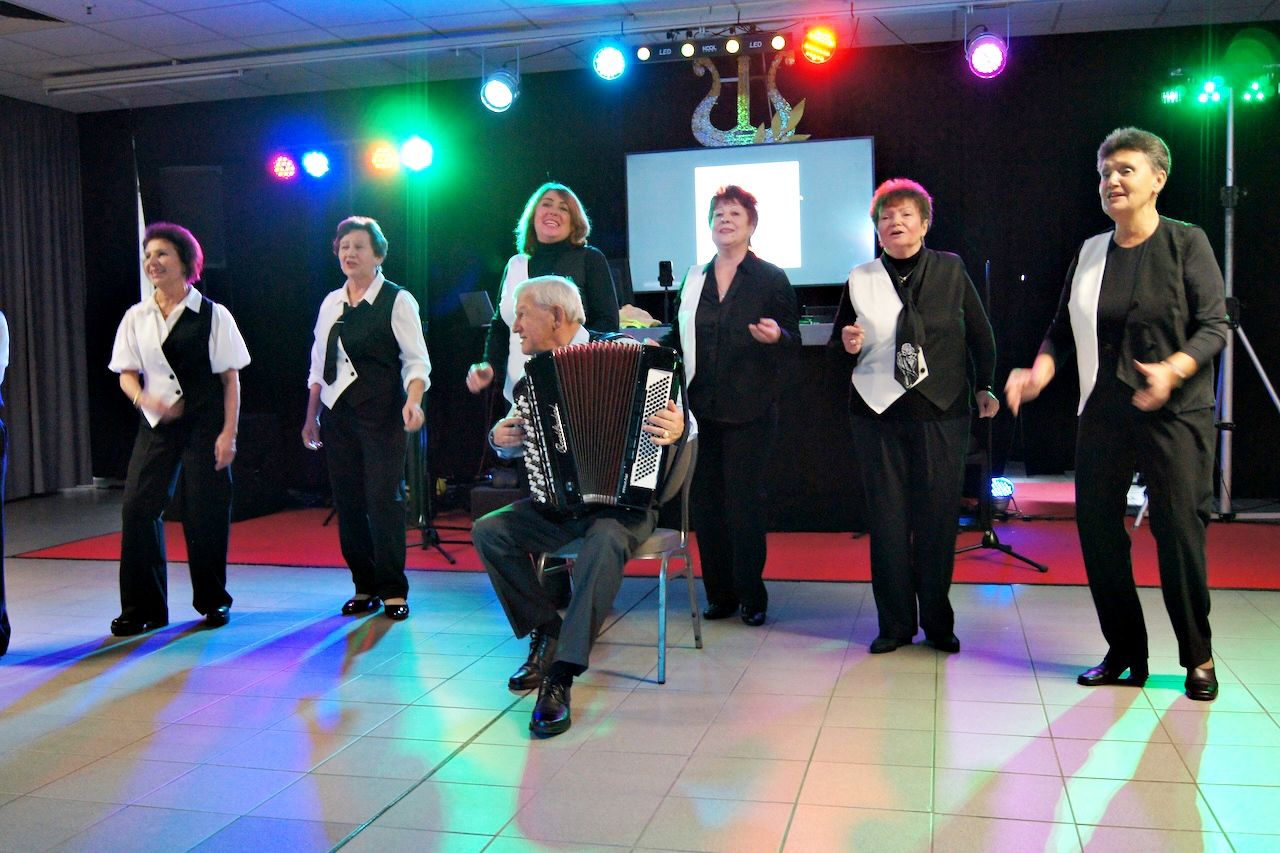
Tags: Janushka choir Berlin , Yana Afonina , Russian Germans Berlin , Lyra Marzahn Berlin , folk songs Germany , choral singing Berlin , cultural life Berlin , Russian culture in Germany , vocal ensemble Berlin , Berlin music scene , Janushka concert , choral art Europe , folk choir Germany , Berlin festivals , Berlin community events , traditional music Germany , Berlin vocal group , Russian artists in Germany , choir performances Berlin , Berlin cultural projects , Lyra Marzahn choir , music heritage Berlin
Categories: Latest


